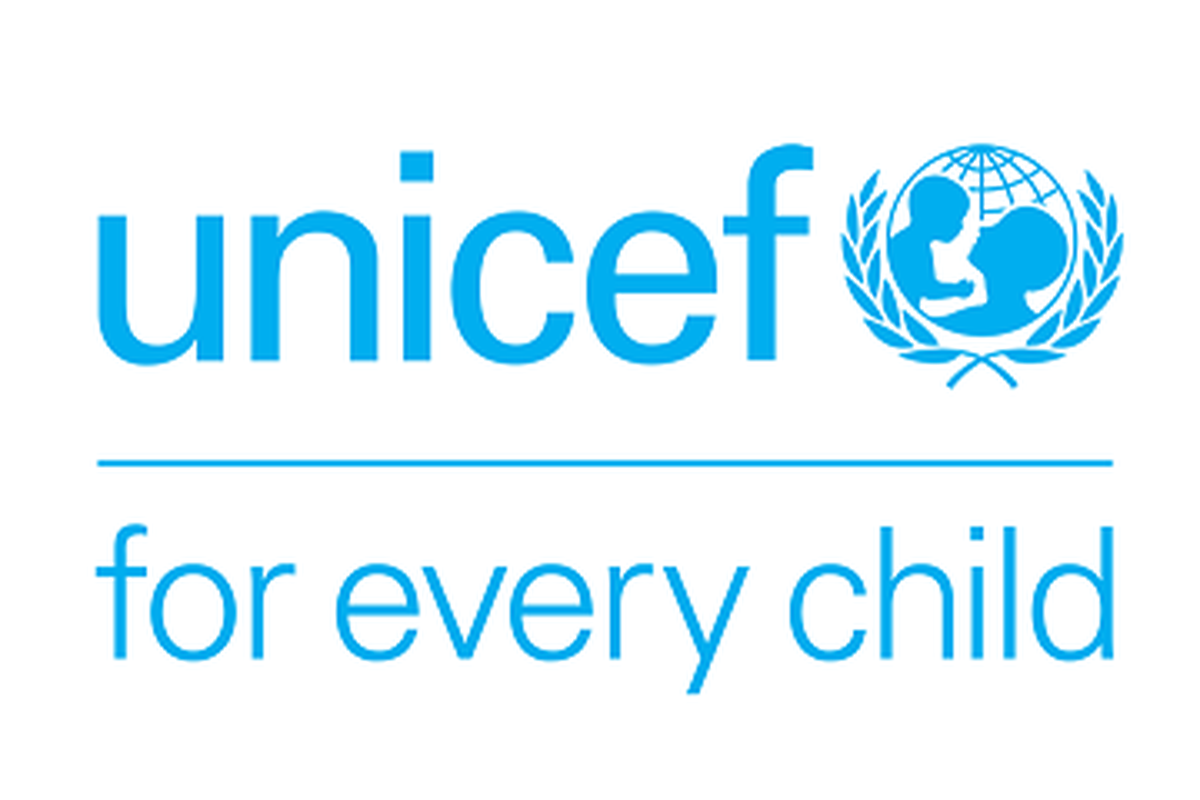
UNICEF works in some of the world's toughest places, to reach the world's most disadvantaged children. To save their lives. To defend their rights. To help them fulfill their potential.
Across 190 countries and territories, we work for every child, everywhere, every day, to build a better world for everyone.
And we never give up.
For every child, every right!
UNICEF has been operating in Zimbabwe since 1982. We are a team of passionate professionals committed to the protection and fulfillment of children's rights.
Supporting the Government's vision of a prosperous and empowered upper-middle-income society, the country programme is aimed at contributing to sustainable socioeconomic development that provides all children, including adolescents, with opportunities to fulfil their potential, lead a healthy life, access quality learning and protection and meaningfully participate in society.
BACKGROUND
Zimbabwe ratified the Convention on the Rights of Persons with Disabilities (CRPD) in 2013 and has made strides in advancing the rights of persons with disabilities. In its newly launched 2021 National Disability Policy, which also reveals the existing political commitment on disability rights, the Government of Zimbabwe adopts the World Health Organization global disability prevalence rate of 15% of the world population for planning and reporting purposes, which equates to around 2,25 million persons with disabilities.
Objective
To establish a multi-sectoral CRPD compliant common disability identification, assessment, determination, and referral framework, endorsed by MoPSLSW, MoHCC, and MoPSE. The assessment should be developed based on a review of the current assessment practice in Zimbabwe and the relevant country context as well as through consultations with key stakeholders and persons with disabilities themselves. The consultant should also provide training and guidance on introducing these tools into practice and linking them to the determination of eligibility for services.
With consultation with the government, the processes and workflow of the framework should ensure to make a distinction between the disability assessment, disability determination a clear definition of the benefits of disability card and the eventual package of services received. This work should also feed into the complementary work that other UN agencies are undertaking for UNPRPD.
Scope of the assignment and Methodology
Informed by the Oxford Policy Management study, the assignment will include the desk review of the existing local tools and global best practices based on evidence of what works in a low-resource contexts, stakeholder engagement (MoPSLSW, MoHCC, MoPSE, OPDs and other key stakeholders), piloting of the draft harmonized tool in two districts, validation of final product by all parties who were part of the exercise, presentation of the final product to the Government of Zimbabwe.
Desk Review of the process and Tools
Review the current assessment process and tools as well as the country context, including the perceptions of key stakeholders, reflecting on the principles of UNCRPD and the ICF classifications and referring to good practice from similar contexts. The review should be informed by the life cycle and human rights lenses, checking how applicable the tools are to all persons with disabilities within their diversity, with particular attention to its applicability to children. The review should also focus on several criteria: ease of access all over the country for all persons with disabilities across the life cycle; length of the process from start to approval; denial and appeal; information gathered and used for determination; case management.
Stakeholder Engagement and Consultation
The Consultant will take the lead to produce and implement a workplan together with technical working group for the project, and conduct a series of engagement meeting with national stakeholders for consultation and inputs on each existing disability assessment tool and areas to be added to the harmonized assessment tool, especially with officials from the respective ministries and persons with disabilities. During the stakeholder engagement, the consultant will also review existing service delivery capacities of health care, social work/welfare, CSO partners, and other outreach mechanisms that could be used for disability assessment at local level. Mapping Service package which the disability assessment will (and should) give access to those deemed to have disabilities, i.e. which services and benefits require an additional disability assessment. The consultant is expected to devise methods which will be used to engage all participants in the assignment and show how the process will be conducted.
Development of the Harmonized Tool
Draft a report outlining a proposal for revised assessment including: i) determining the appropriate model of functioning and procedures with institutional arrangements; ii) develop an easy to use assessment form and detailed a proposed manual of operations for the assessment, indicating roles and responsibilities about application, data collection, data analysis, grievances, and recertification; and iii) propose options for digitalization including an database information system, this should allow for decentralization and supervision and better use of data for case management and policy planning; iv) propose an overall approach to implementation.
Piloting (pre-testing) of the Harmonized Tool
The Consultant will consolidate the inputs from stakeholders and develop a draft tool which will then be piloted in two district guided by MoPSLSW and UNICEF. The Consultant will identify areas which require further attention in the tool and how applicable and usable is the tool being harmonized. The Consultant will then use the experience from the pilot to further align the Harmonized Tool which will be used in the internal stakeholder validation exercise.
Education: Advanced university degree in public health, or other relevant social sciences.
Experience: Extensive experience in the area of disability, especially establishing and evaluating disability assessment and data management systems related social protection programmes, and their tools (such as Disability Cards, etc.)
Excellent facilitation and analysis skills.
Knowledge of the Zimbabwe culture vis-à-vis disabilities is an asset.
Languages:
English and any local language
Harare
Expires
iHarare Jobs
Harare
Expires
Catholic Relief Services (CRS)
Harare
Expires
iHarare Jobs
Harare
Expires
CBZ Holdings Limited
Harare
Full Time
20 May 2024
15 May 2024